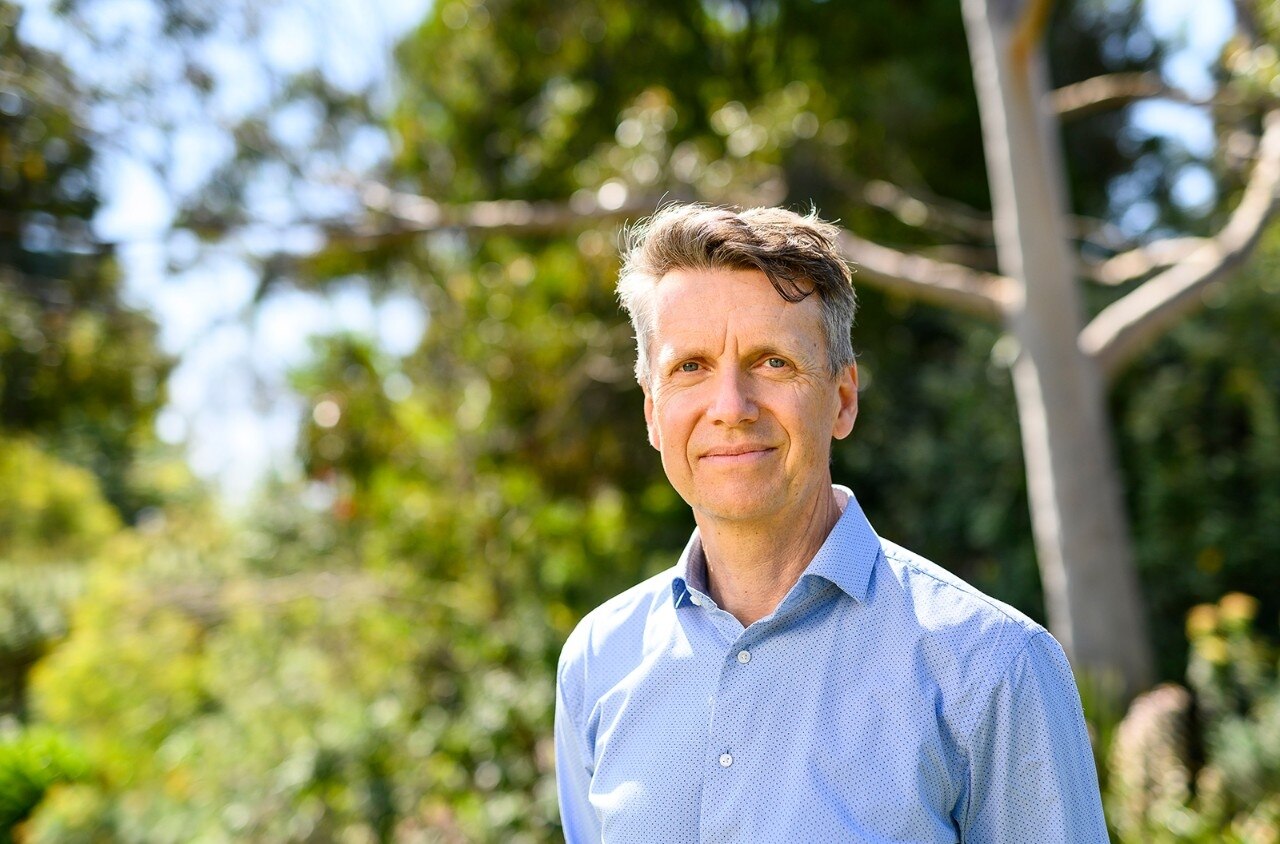Why Natural Alternatives are the Future of Agtech

As pests become increasingly resistant to chemical insecticides, this Australian agtech company’s naturally derived products are attracting global attention.
Need to know
Founder: Kevin Rumble, 80
CEO: Tim Grogan
First customer: Agreement for commercial development signed in October 2021 with Evergreen Garden Care
Investors: Retail investors via the ASX (BGT)
Headquarters: Melbourne
Staff: Nine
Market valuation: $20 million
What’s the startup?
Antibiotic resistance is a well-known global issue; bacteria become drug resistant. Pest resistance to insecticides is a similar “impending catastrophic problem”, says Richard Jagger, former CEO and current advisor to Bio-Gene Technology (pictured). “We’re addressing that with the development of insecticides based on unique, naturally derived chemistry.” The ambition is that Bio-Gene will be the basis for new solutions for insect control in crops (including grain storage), public health, livestock and pet health, along with household insecticides for cockroaches and flies, and personal insect repellents.
Where did the idea come from?
In 2000, researchers from Western Sydney University identified a molecule in oil extracted from the leaves of Gympie messmate, a rare cultivar of an Australian eucalypt that grows in Tropical North Queensland (TNQ). They believed it had insecticide potential. Patents were filed on the Qcide molecule in 2002 and Perth-based adman Kevin Rumble – who’s also a plant science advocate and had originally set up Bio-Gene to work with boronia oil – acquired the IP.
How did it get off the ground?
“Kevin worked really hard to get things rolling,” says Jagger. “He put a board together, created enough interest for an IPO and I came onboard from the big ag sector.” The company listed on the ASX in 2017. “It gave us enough money to develop the studies to demonstrate the value of the technology.”
What have you learnt?
The Bio-Gene team works with university teams and private research contractors around the world, running projects on everything from breeding pesticide-resistant insect populations to test Qcide to the complex science that has mapped how the molecule disrupts an insect’s nervous system. “We have confirmed our unique mode of action, which shows it works very differently to the chemistry currently used in insecticides. That has huge implications in addressing the problem of resistance.”
Next steps?
Bio-Gene has engaged farmers in TNQ’s Atherton Tablelands to grow the Qcide cultivar for oil and collaborated with CSIRO to develop and patent Flavocide, a “nature identical” molecule to Qcide that can be mass-produced synthetically. In January, it signed an agreement with Israel-based STK Bio-Ag Technologies to fund the registration of Qcide in return for non-exclusive access. “STK is focusing on biologicals and they need natural molecules to develop their products,” says Jagger. “The normal model would be for us to register the active ingredient and licence it – for our little company, registration is a significant cost.” It’s a complex journey. “Our road map conservatively projects registration about three years from now.” In the meantime, Bio-Gene can license the molecule to other companies to develop products in readiness for registration.



